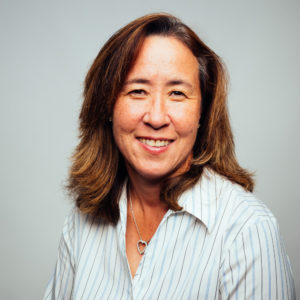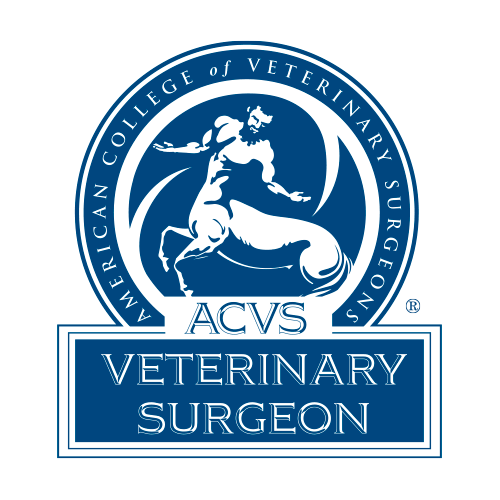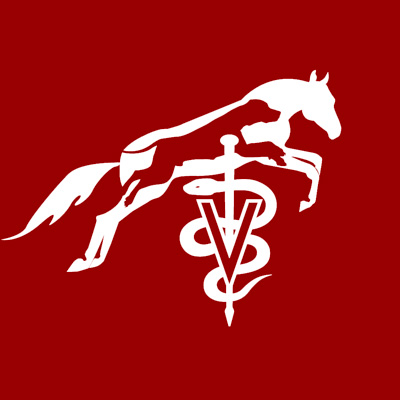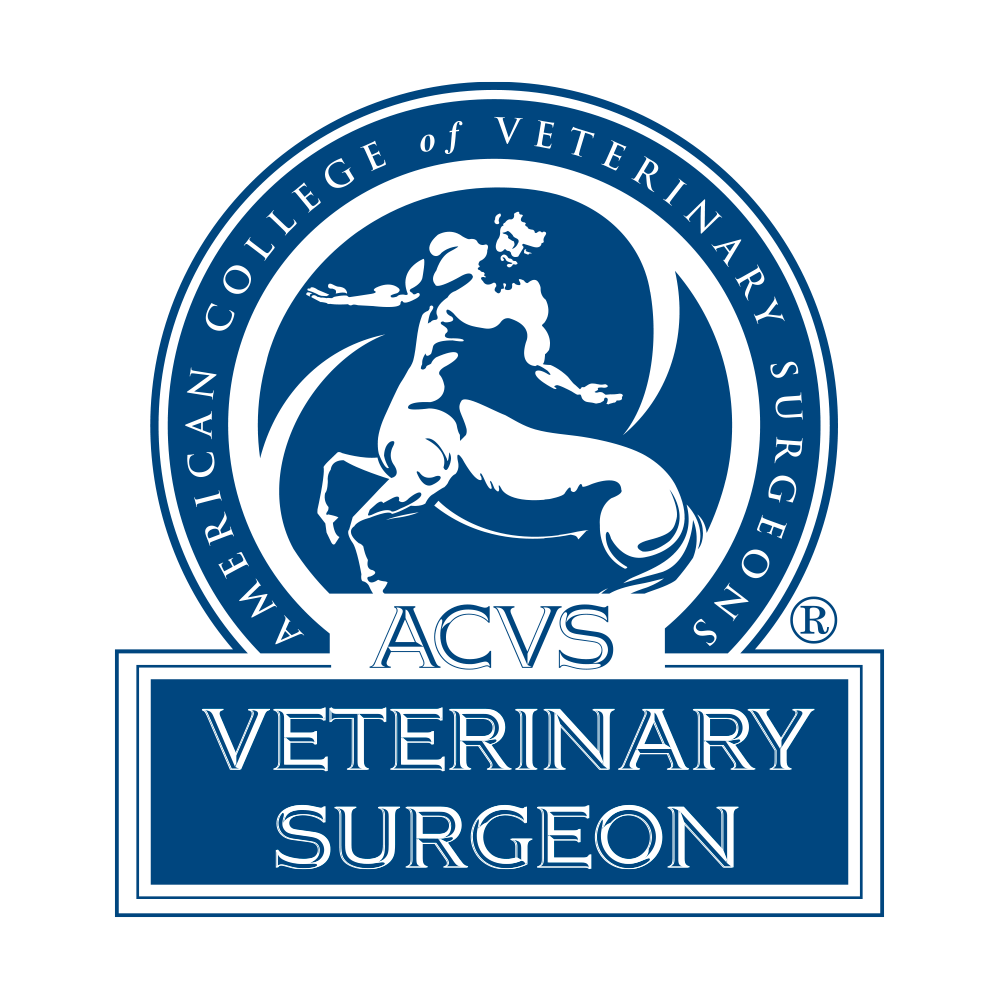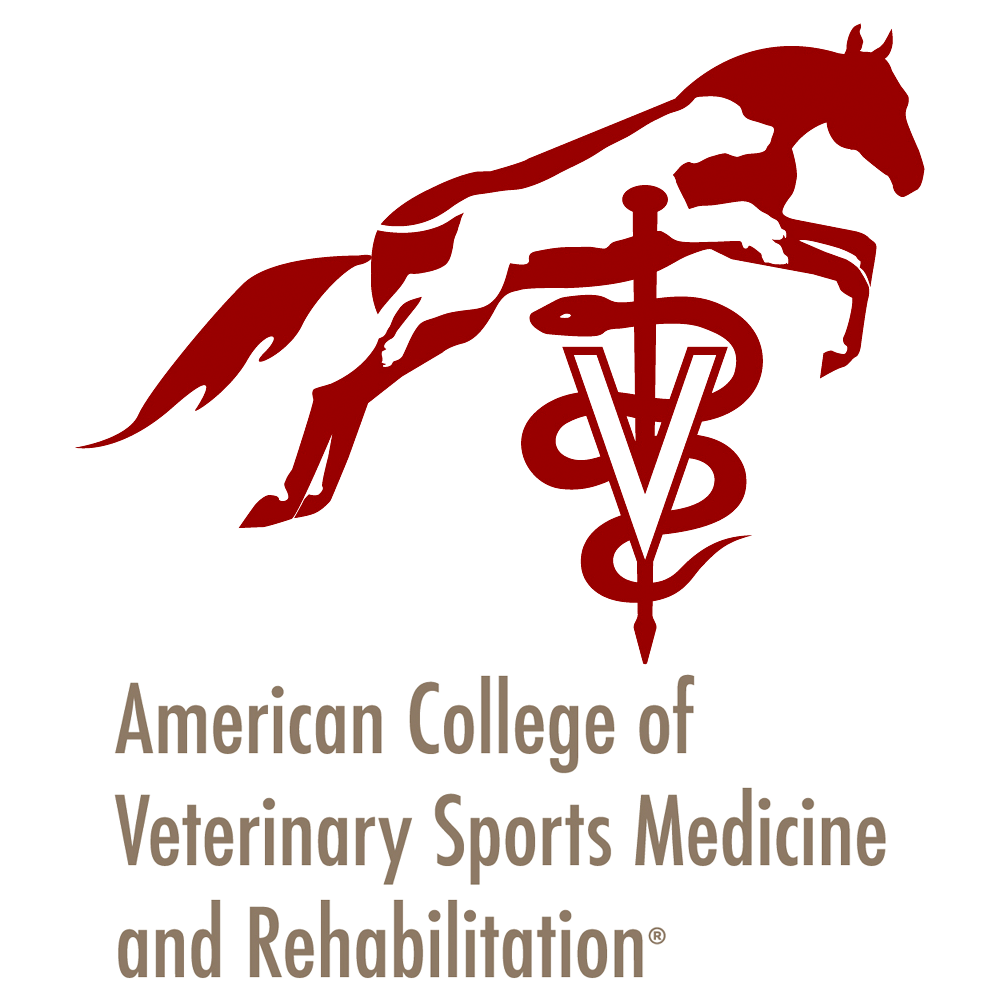Dr. Michelle Powers
Diplomate, American College of Veterinary Surgeons (Small Animal)
Diplomate, American College of Veterinary Sports Medicine & Rehabilitation
Dr. Michelle Powers is board-certified in both veterinary surgery and veterinary sports medicine & rehabilitation. Based in Londonderry, NH, she is available to serve general practice and emergency animal hospitals ranging from northeastern Massachusetts and the coast all the way up the I-93 corridor to Concord, NH.
Biography
After earning her Doctorate of Veterinary Medicine from Ross University in 1998, Dr. Powers spent the next several years completing multiple internships and conducting research as the PennHIP post-doctoral fellow at the University of Pennsylvania School of Veterinary Medicine. She completed her surgical residency and also served on the faculty at Washington State University College of Veterinary Medicine, and earned board certification from the American College of Veterinary Surgeons (ACVS) in 2008. Later in 2014 she earned board certification from the American College of Veterinary Sports Medicine and Rehabilitation (ACVSMR). She is also certified as a canine rehabilitation therapist (CCRT).
Dr. Powers also attained the rank of Major in the US Army Veterinary Corps and gained valuable experience caring for the working dogs of the military, border patrol, and TSA. This contributed to her particular interest in orthopedic procedures such as arthroscopy, cranial cruciate ligament repair (TPLO) and fracture repair. In addition to orthopedics, Dr. Powers has a particular interest in soft tissue surgeries, including oncologic, cardiothoracic, and reconstructive procedures.
Dr. Powers joined MOVES in May of 2020.
CV
- 2020
Joined MOVES - 2008
Achieved dual board certification through ACVS and ACVSMR - 2007
Completed combined residency program at Washington State University - 2001-2010
Served in United States Army Veterinary Corps - 2001
Completed PennHIP Post-Doctoral Fellowship at the University of Pennsylvania School of Veterinary Medicine - 1999
Completed internship at Purdue University - 1998
Earned DVM degree from R0ss University School of Veterinary Medicine - 1989
Graduated from the University of Massachusetts with a degree in Animal Science
Debra C. Sellon, Denis J. Marcellin-Little , Michelle Powers, Sarah Fernandezlopez, Kimberley L. Cullen. Impact of Digit Amputation on Dogs Competing in Agility. VCOT Open 2021; 04(01): e51-e57
Send a Message to Dr. Powers
What is a board-certified veterinary surgeon?
Like most health care fields, the veterinary profession has become multi-tiered. Veterinarians may now specialize in various disciplines (including surgery), as recognized by the AVMA’s American Board of Veterinary Specialties (ABVS). The American College of Veterinary Surgeons (ACVS) is the AVMA-recognized veterinary specialty organization™ for certification of veterinarians in large animal surgery and small animal surgery.
If your animal develops a problem or injury requiring advanced care and procedures, your primary veterinarian or emergency room veterinarian may refer you to a veterinary surgeon.
A veterinary surgeon has undergone additional training after veterinary school in order to become a specialist. This training consists of a minimum of a 1-year internship followed by a 3-year residency program that meets guidelines established by the American College of Veterinary Surgeons (ACVS).
During the residency there are specific training and caseload requirements that must be met. In addition to these requirements, applicants must perform research that is published in a scientific journal and then pass a rigorous examination.
Adapated from “What is a Veterinary Surgeon?” on acvs.org.
What is a board-certified veterinary sports medicine and rehabilitation specialist?
ACVSMR board certified practitioners have demonstrated expertise in the structural, physiological, medical and surgical needs of injured athletic animals.
To become a diplomate of the ACVSMR, veterinarians must complete an internship (or equivalent) and a residency training program followed by a rigorous board-certification examination. As such, a diplomate of the ACVSMR has completed extensive specialized training in the clinical management and rehabilitation of animals. Whether the goal is to improve a family pet’s quality of life or to keep an athletic horse or dog performing and competing at its best — the diplomates of the ACVSMR are trained to fulfill these needs.
Established in 2010, the ACVSMR meets the unique needs of athletic and working animals as well as all animals in need of rehabilitation. Animal Rehabilitation (what we refer to as physical therapy in human healthcare) not only focuses on recovery after surgical procedures, but also on improving the quality of life in animals suffering from debilitating diseases such as arthritis or neurologic impairments.
Adapated from the ACVSMR Brochure on on vsmr.org.

